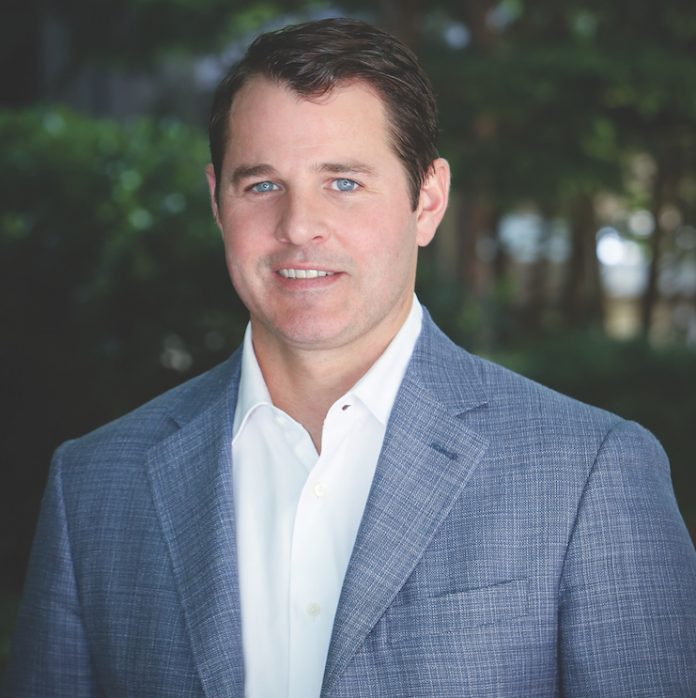
Patrick O’Neil, who is president of Peachtree Hospitality Management, grew up in hotels, literally—his family lived at the Waikiki Sheraton, where his father was general manager, until he was a high school freshman. As he described to LODGING, “Of course, I ended up working there—running towels, room service, laundry chutes; being a houseman, room attendant—you name it, I did it.” Yet, even so, after a few years of corporate experience, followed by a Harvard MBA, he’s clearly there to stay.
What’s the secret to a good management partnership?
Assuming that the selection process matched the management company and owner correctly, it’s developing a real partnership that works, one where everyone knows exactly what they want out of the relationship and agrees on the same things—especially in terms of the support that they need.
We’re very involved in our hotels—we operate them like owner-operators; but for us as the management company to meet owners’ expectations, we need to know exactly what they want. Do they want the management company on property once every 6 months, or in every day? Do they want them more or less engaged? How about reporting? We analyze the data coming in from a revenue and operational standpoints, and we give owners access to tools and systems so they can actually see for themselves what’s going on. But what do they want us to provide? A weekly or monthly report? Should it be by phone or email? Every owner is different, but when everybody’s aligned and understands, communication is efficient and effective.
How can a management company ensure that its
properties perform in both good times and bad?
If you’re doing everything consistently, it should work in good and bad times. There should be no surprises. You should be in touch with your customers, know what your brands are saying, and be on top of your market reports. We utilize quite a few technologies, from the scheduling tools to enterprise systems where we can compare like-branded hotels and hotels in the same market.
Is there anything keeping you up at night?
The things that keep me up at night are people, culture, and training. This is a tight labor market, but these people are running multimillion-dollar assets, so we need to have the right people in the right places. We also need to keep the people we have because training and retraining is expensive. You’ve got to battle and make sure you have these things in place.











